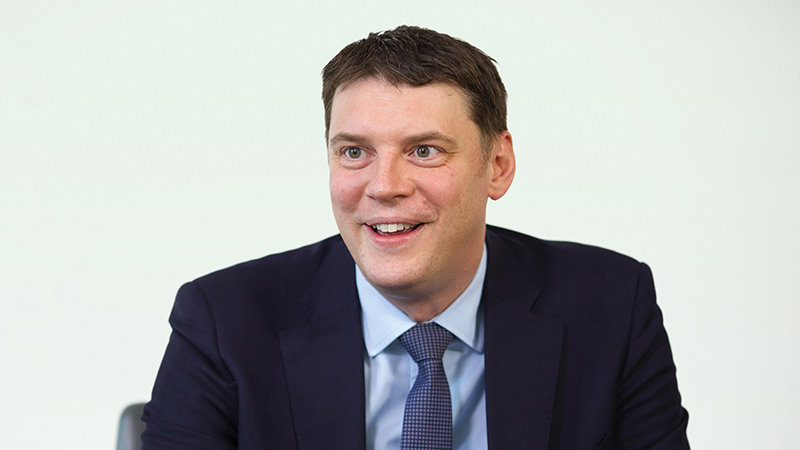Revenues across UK firms listed on the FTSE 350 rose 5.7% in the last year, the fastest rise in sales since 2014.
Operating profits also increased, up 9.9% to £26.8bn, with mid cap firms faring better than those in the FTSE 100.
It was just one of the trends that may not last, however, as the UK economy takes a darker turn and consumers tighten their spending.
Food retailers delivered sales of more than £100bn for the first time since 2011, while the wider picture was more mixed.
Marks and Spencer did little to improve its outlook, while Next saw sales fall for the first time in five years. In contrast, sales at JD Sports rose by a third while Ted Baker and Kingfisher traded well. Meanwhile, industrial goods and support companies which include DCC plc, made the largest contribution to revenue growth, adding £3.6bn in sales.
Helal Miah, investment research analyst at The Share Centre, said the future did not look as bright for the UK.
“By any yardstick, this was a positive performance by UK plc. Consumer-orientated companies have been riding a wave of strong spending last year, while the relative strength of the UK economy last year, an improving global outlook, combined with the weaker pound have buoyed results,” he said.
However, he added: “Looking ahead, the picture is much murkier. Since the beginning of the year, the domestic economy has slowed markedly, sparking a succession of profit warnings. The consumer has been living on borrowed time, and borrowed money.”
A spike in prices has eroded household spending power and consumer confidence will slip away.
“The UK economy is slowing, so even those companies that performed extremely well recently may not continue to do so. By contrast, those with significant overseas operations are likely to do better, following the upswing in global demand,” Miah said.










